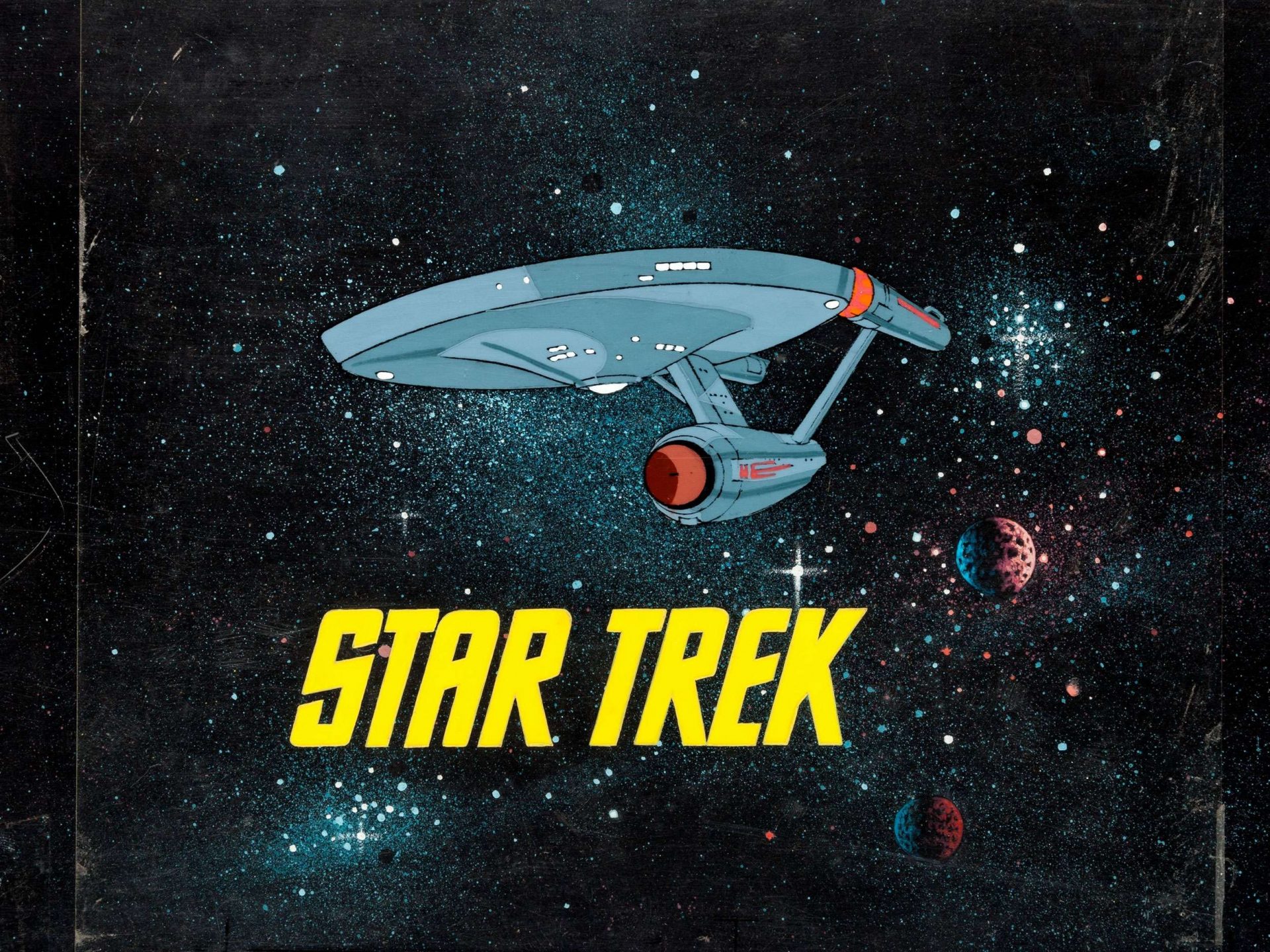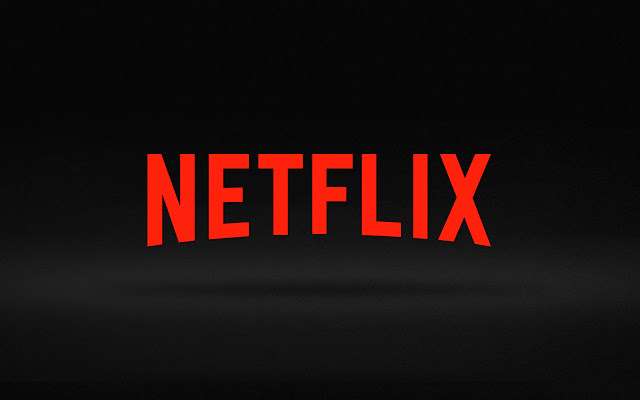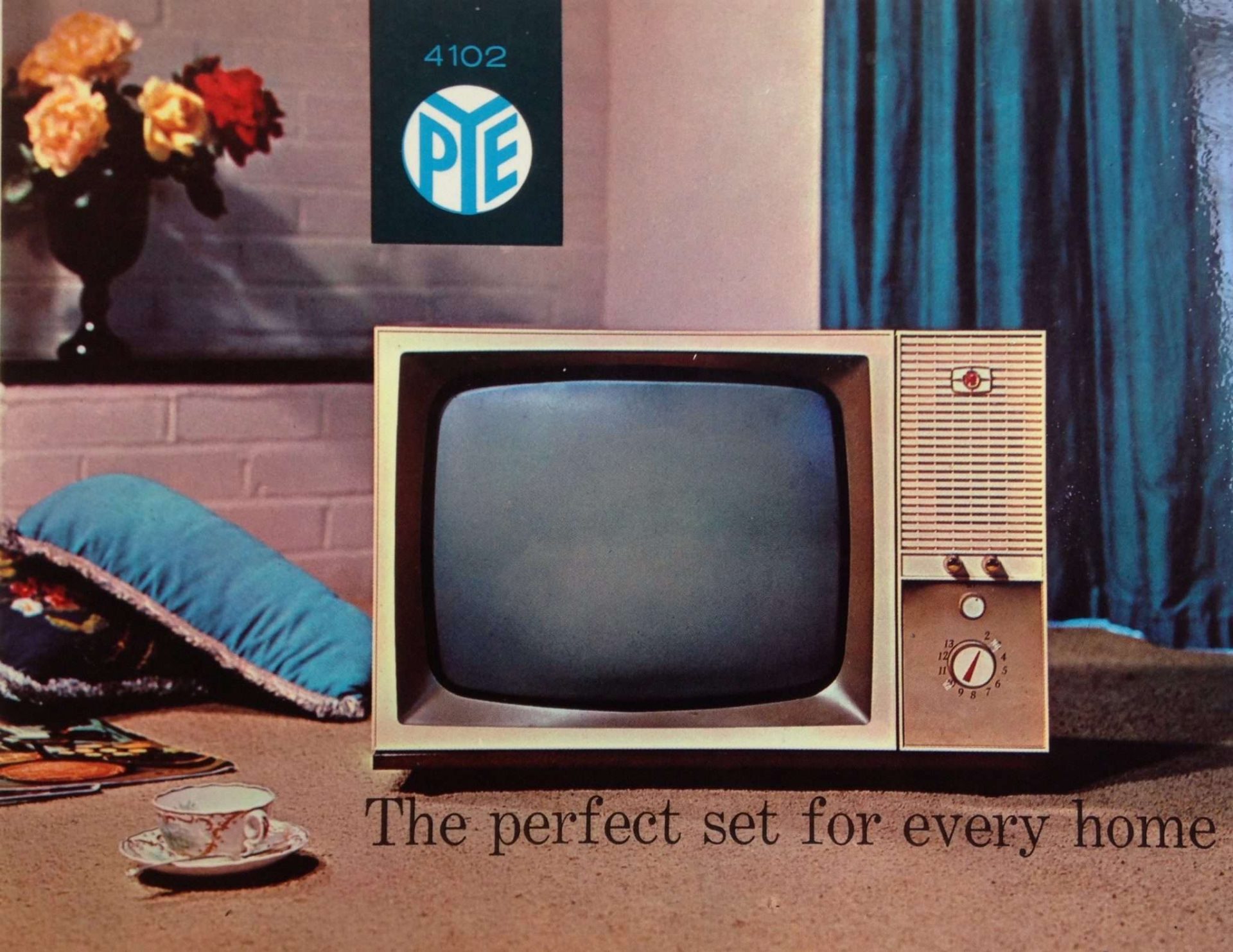
Canon: A collection or list of sacred books accepted as genuine: ‘the biblical canon’; The works of a particular author or artist that are recognized as genuine: ‘the Shakespeare canon’ (Oxford Dictionaries. Online) Apologies, but I’ve marked an awful lot of student essays recently (and I do mean awful). This stylish trend for opening one’s work with an easily Googled dictionary definition is infectious. In the worst possible sense. See?









